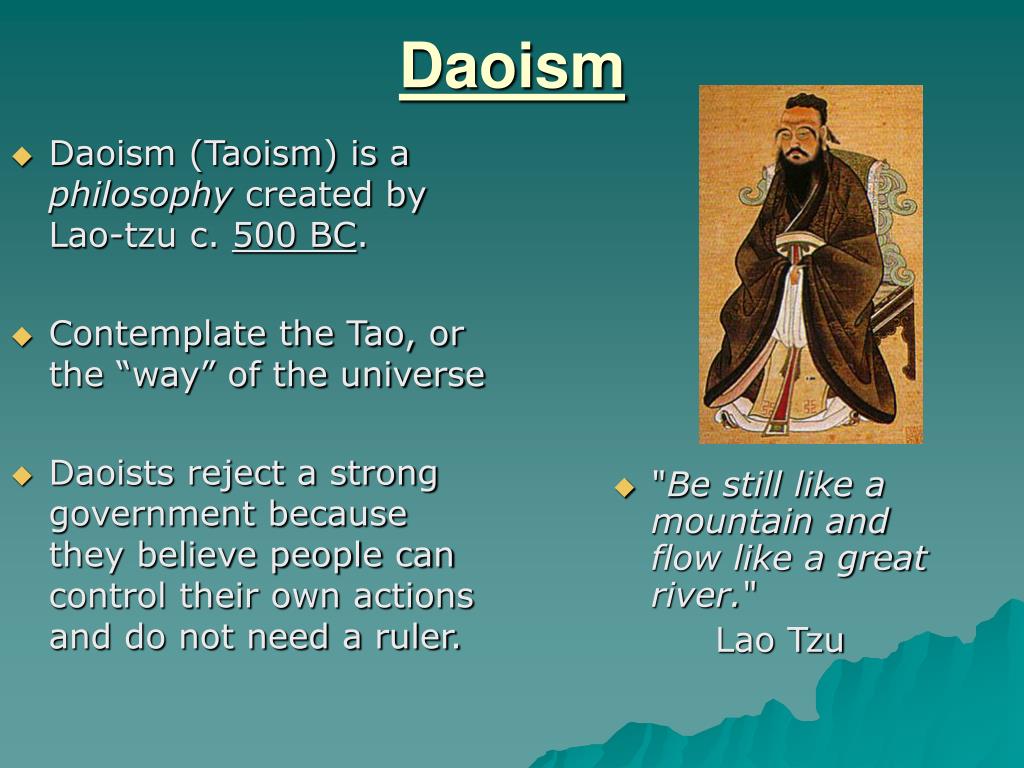Logical fallacies can be thought of as traps that divert our attention from the actual argument at hand. They often rely on emotional manipulation, faulty reasoning, or misleading language to deceive the audience. Recognizing these fallacies is crucial because they can lead us to accept false premises or faulty conclusions.
This article is part of a series on Logic and Critical Thinking. Find all the articles in this series here.
If you like reading about philosophy, here’s a free, weekly newsletter with articles just like this one: Send it to me!
In our modern, media-centric world, we are surrounded by arguments that aim to convince us to adopt their conclusions. Politicians, advocacy groups, social media friends, online discussions in forums, news outlets: they all argue for their positions with more or less good arguments. It is therefore essential that we are able to distinguish good from bad arguments, so that we can reject conclusions that are illogical or not based on sufficient evidence.
In this article, we will unravel these fallacies and explore strategies to protect ourselves from being misled. Through practical examples and clear explanations, we will dive into common fallacies such as ad hominem attacks, straw man arguments, and hasty generalizations. By the end of this article, you will be equipped with the tools needed to spot these fallacies and avoid being trapped by their flawed logic.
What is a fallacy?
A fallacy in Critical Thinking is an error in argumentation that makes an argument invalid. Fallacious arguments often look convincing, but in reality they don’t provide any evidence that their conclusion is correct.
An argument, in its most general form, consists of a number of statements (called the premises) that together support a conclusion. If the support that the premises provide is perfect, we have a “valid” argument.
In a valid argument, if the premises are true, the conclusion is certain to be true.
Not all arguments need to be valid arguments, though. Some arguments provide less support for their conclusions, so that, if the premises are true, there is some probability that the conclusion will be true. These are called inductive arguments and the support that they provide to their conclusion can be weak or strong.
A fallacy is at the other end of that spectrum. It is a wrong argument where the premises do not provide any support for the conclusion.

Valid, strong, weak and fallacious arguments
Here are some examples to make this more clear:
Valid argument: “If it is Tuesday, I will have my piano lesson. Today is Tuesday. Therefore, I will have my piano lesson.” This argument is valid because, if we assume that premises to be true, the conclusion must also be true. If I really have piano lessons …
Read the full article which is published on Daily Philosophy (external link)





